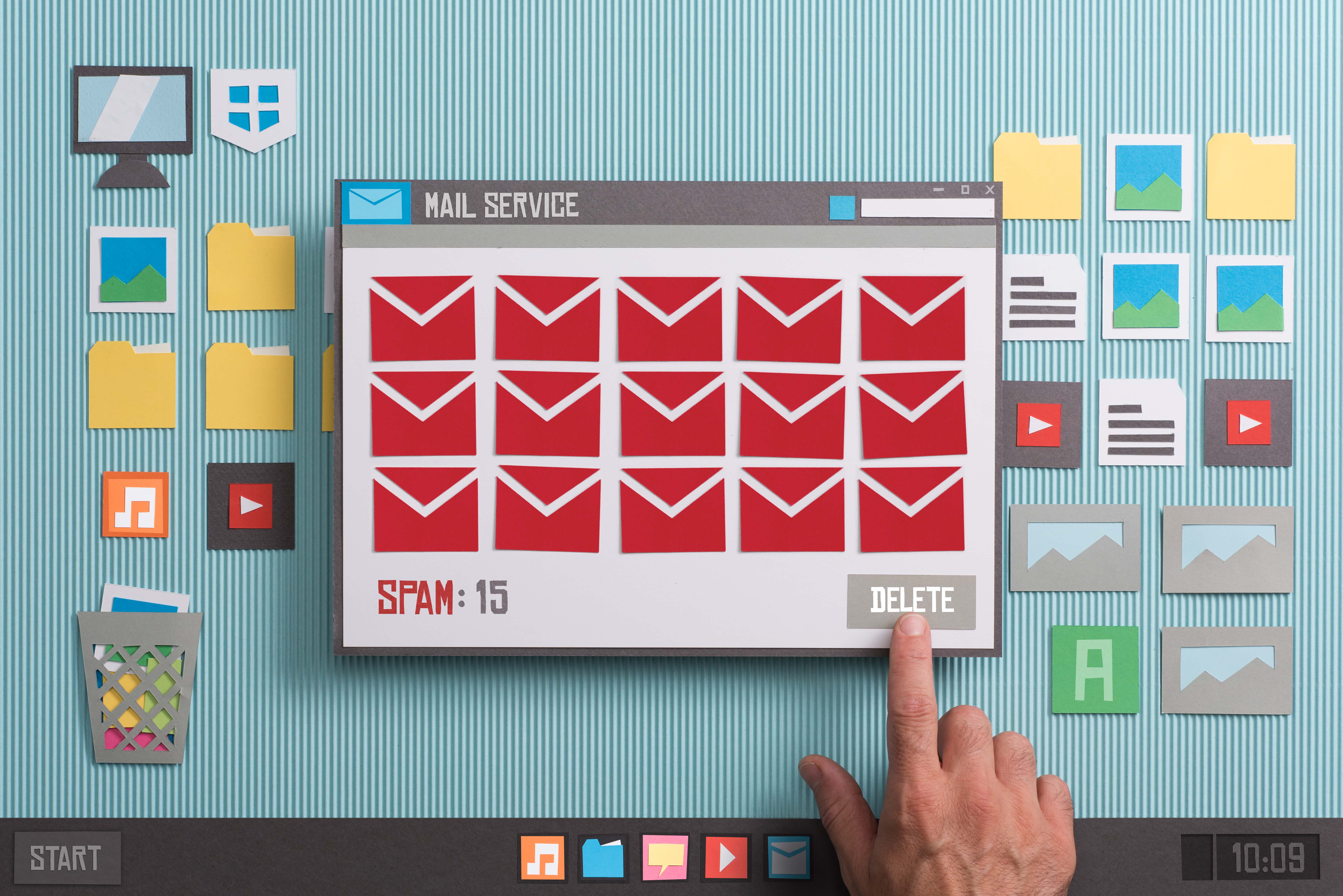Cryptocurrencies are not a new phenomenon. In fact, we heard of these digital currencies back in 2009 with the launch of Bitcoin; the first decentralized digital currency. While cryptocurrencies are unregulated and operate without a central bank or single administrator, many regard crypto as a safe way to purchase items online. This has led to many retailers giving customers the ability to purchase goods using Bitcoin and other cryptocurrencies.
Below, we look at a few things to consider if you are thinking of integrating a Bitcoin payment option into your e-commerce platform.
Crypto eliminates the need for currency conversions
The value of a Bitcoin is the same regardless of where you are in the world. This means those accepting Bitcoin payments from abroad do not need to worry about exchange rates when taking international payments.
Access wider markets
More and more of the international consumer community are moving over to Bitcoin payments. By not accepting cryptocurrencies on your website, you are limiting your customer base, thus putting a ceiling on the revenue you can generate.
Quick and secure payments
Modern users can often be sceptical about inputting their personal and payment details on new websites. Bitcoin offers a secure and quick way for people to make payments, being a payment method that is tried and tested. If you want to instill confidence in your customers, having a wide range of payment methods is advised.
Show that you’ve got your finger on the pulse!
In short, cryptocurrencies are cool, current and any brand that accepts crypto payments shows that they have their finger on the pulse. Therefore, if you want your brand to be positioned as an innovative company, you should think about allowing customers to pay using Bitcoin and other cryptocurrencies.
What do you think, should cryptocurrencies be widely adopted in the world of e-commerce? We would love to hear your thoughts and opinions on this.
10 popular cryptocurrencies other than Bitcoin (at the time of writing this article):
- Ethereum (ETH)
- Litecoin (LTC)
- Cardano (ADA)
- Polkadot (DOT)
- Bitcoin Cash (BCH)
- Stellar (XLM)
- Dogecoin (DOGE)
- Binance Coin (BNB)
- Tether (USDT)
- Monero (XMR)







